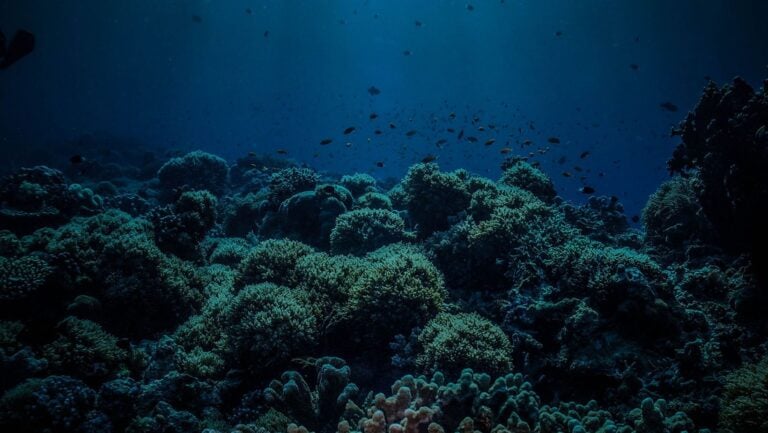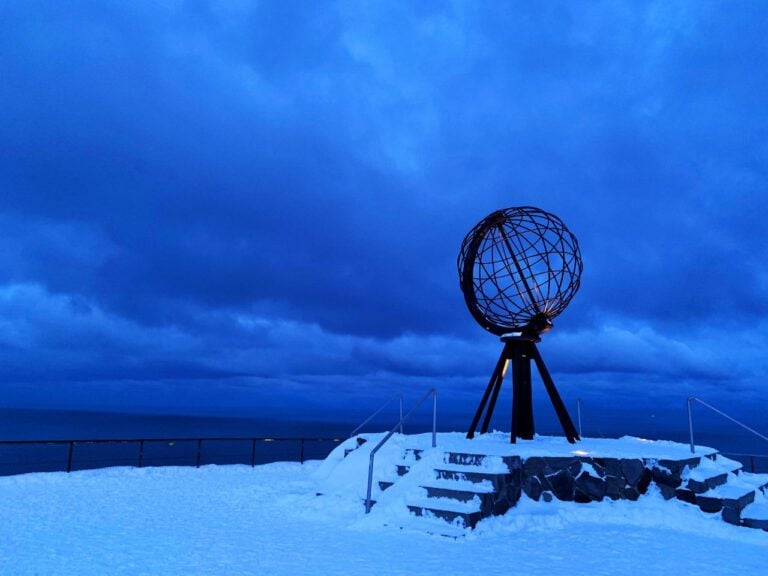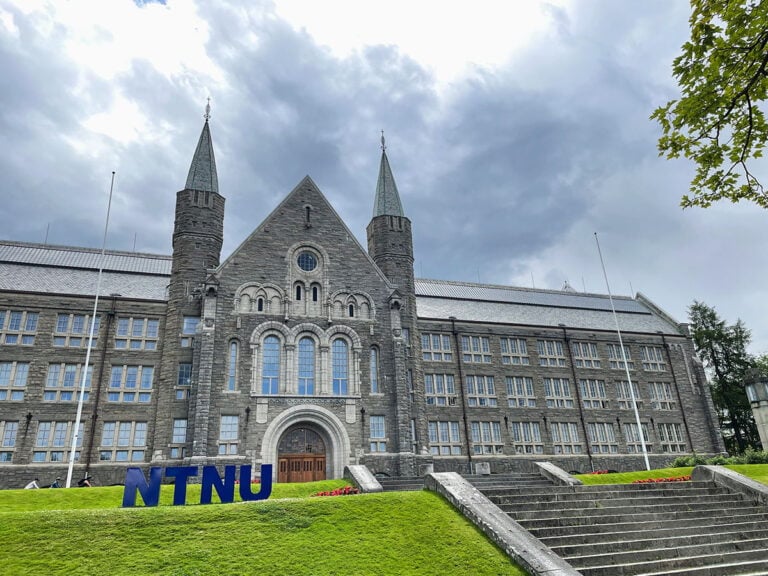Norway has become the first country in the world to approve the controversial practice of commercial-scale deep-sea mining. Here’s what the country plans to do.
In an unprecedented yet expected move, the Norwegian government has approved plans to open up vast areas of its national waters for deep-sea mining. Protestors outside the Parliament building were frustrated at the news, and have vowed to continue their fight.

The proposal is set to open up approximately 280,000 square kilometres of the Norwegian continental shelf for deep-sea mining.
The decision, supported by a coalition of Norwegian political parties including Høyre (Conservative), Ap (Labour), Sp (Centre), and FrP (Progress), is seen as a critical step in securing minerals essential for the global transition to green industries.
With an eye on minerals like cobalt, copper, zinc, and others crucial for manufacturing batteries, electric car engines, wind turbines, solar cells, and power lines, Norway is poised to tap into its rich marine resources.
This area, larger than the United Kingdom, is located in the Barents and Greenland Seas, south of Svalbard and east of Jan Mayen Island.
Norway is mineral-rich
This move by Norway is significant not only because of its pioneering nature but also due to the vast mineral wealth the nation possesses within its economic zone.
After Fiji, Norway has the most mineral-rich areas in its zone, a potential goldmine for the country's industrial development.

Leveraging decades of expertise from oil and gas exploration in harsh marine environments, Norway sees deep-sea mining as a logical extension of its industrial capabilities.
A controversial decision
However, this decision has not been without its detractors. Environmental scientists, activists, and some political groups have raised serious concerns about the potential ecological impacts of deep-sea mining.
The Norwegian government's own Geological Survey has expressed reservations, and environmental organizations like Friends of the Earth Norway have vehemently opposed the plans.
Researchers from leading institutions like NTNU and SINTEF have been actively contributing to the social debate on this issue.
While recognising the need for these minerals, many experts argue that the environmental risks and the current gaps in scientific understanding about deep-sea ecosystems make it premature to start commercial exploration, let alone extraction.
NTNU's Mats Ingulstad together with four colleagues said in an opinion piece published by Dagens Næringsliv that the decision “does not currently satisfy the requirements that must be set for a holistic, responsible and knowledge-based business, in the interest of nature and society.”

“It is difficult to say anything about the choice of technology or what scope the operation must have based on the industry's profitability requirements, and thus about the consequences,” they added.
Critics argue that the mining operations could be devastating to marine life, citing the potential for significant noise and light pollution and habitat destruction.
The International Union for Conservation of Nature (IUCN) has also highlighted the potential damage to organisms relying on the mineral nodules on the sea floor.
A cautious move forward
Despite these concerns, the Norwegian government maintains that it is taking a cautious approach.
The proposal stipulates that each development project must be approved by the Norwegian Parliament, similar to certain projects in the petroleum sector.
The government has emphasized that environmental studies will be a prerequisite for the issuance of mining licenses, and actual mining activities are not expected to begin until the early 2030s.
The debate in Norway reflects a global conversation about the balance between economic development and environmental protection.
As the world grapples with the challenges of transitioning to sustainable energy sources, the question of how to responsibly extract the necessary minerals without causing irreparable environmental harm remains a pressing concern.
Norway’s foray into deep-sea mining will undoubtedly be watched closely by other nations contemplating similar ventures.


Hello. I really enjoy your weekly newsletters about Norway. My husband is Norsk, having immigrated to the US as a small child. We have visited many times and have strong connections with family in Oslo, Hammerfest and Molde and lived in Stavanger in the 1980s for six months while he worked on an offshore oil platform.
The last time we were in Norway, we were amazed at the number of electric vehicles and I read that 87% of new vehicle sales were EVs. Have you written about this incredible trend and how it is affecting Norway?